While most Dobermans have svelte bodies, this is a breed that can definitely pack on the pounds. Older Dobies especially seem to have trouble with weight gain. They stop running around as much, preferring to lounge on the couch. But if you are still feeding them the same amount of food, they can easily become obese. Obesity leads to all kinds of health problems, so it’s good to notice as soon as you think your Dobie is getting a bit thick around the middle. If you do see weight gain, take her to the vet to make sure there are no underlying medical causes and then work out a plan to shed those pounds. First, you need to know how to tell if she has gotten too pudgy. Here are three signs your Doberman is overweight.
How Much Should Doberman Weigh?
75 to 100 Lbs

#1 – No Definition
Your Doberman should have an athletic build. They have a nice sized rib cage that tucks up very noticeably to a small waist at their hips. If you can’t feel those ribs or tell where his rib cage ends and his hips begin, it’s probably time to diet. Dr. Sophia Yin’s website has a great, easy to follow guide for checking this.
#2 – Unable To Reach That Itch
Does your Doberman try to scratch his ear and just can’t reach? Or maybe he has a hard time biting himself. She should be able to groom herself without a struggle. If they are overly round, grooming becomes impossible. If that’s the case with your Dobie, it’s time to diet.
#3 – Easily Overexerted
Do you walk a few steps and your Doberman is already panting and wanting to stop? Barring hot weather, this is a sign that he is out of shape and probably overweight. It’s time to talk to the vet about a diet and exercise regimen that will slowly get him back on track. Be careful about pushing your Doberman to exercise more than their body can handle – that can cause problems too – so work with your vet.
Frequently Ask Questions
Dobermans are a breed that can gain weight despite their typically lean appearance. Most often, dobies tend to struggle with putting weight on more than excess weight, even in old age. However, Dobermans can gain excessive weight, and there are signs. Read below to determine if your Doberman weighs the right amount or if they are on the chunky side and the corresponding health issues.
Is My Doberman Fat?
While uncommon, your Doberman could be overweight if they show any of the following signs:
No Definition: Dobermans are athletic dogs with a svelte figures. Their hips are relatively narrow, and their rib cage should be a respectable size.
Inability to Reach Their Itches – is your Doberman always trying to reach his ear but failing? Or perhaps he has trouble chewing his own nails. She ought should be able to clean up after herself without too much difficulty.
Easily Exhausted – overweight dogs tend to wheeze and walk slowly, a clear indication they are tired as a result. This indicates that he is out of shape and likely overweight, excluding hot weather.
Doberman Weight Chart By Age
The weight of a Doberman depends on many factors, including age, weight, sex, and breed. However, on average, your Doberman should weigh between the options listed below. Keep in mind the lower weights are for girls, and boys may be underweight if they are on the low end. Also, a puppy’s development should be slow and steady, not a race, so keep track of their calories in.
| Age |
Weight (Min – Max) |
| 1 Months | 10 – 18 lbs |
| 2 Months | 15 – 21 lbs |
| 3 Months | 21 – 32 lbs |
| 4 Months | 29 – 44 lbs |
| 5 Months | 36 – 54 lbs |
| 6 Months | 41 – 64 lbs |
| 7 Months | 48 – 71 lbs |
| 8 Months | 50 – 79 lbs |
| 9 Months | 52 – 85 lbs |
| 10 Months | 56 – 89 lbs |
| 11 Months | 58 – 91 lbs |
| 12 Months | 59 – 94 lbs |
| 13 Months | 59 – 98 lbs |
| 14 Months | 60 – 98 lbs |
| 15 Months | 60 – 99 lbs |
| 16 Months | 60 – 100 lbs |
| 17 Months | 60 – 100 lbs |
| 18+ Months | 60 – 100 lbs |
Doberman Growth Stages
Doberman puppies go through a few growth stages starting at 2 months of age:
2-month puppy = 15-20 pounds
3-month puppy = 25-30 pounds
4-month puppy = 35-40 pounds
5-month puppy = 45-50 pounds
6-month puppy = 55-60 pounds
As you can see, a pup can reach 20 pounds by the time he or she is two months old, and subsequent months typically see an additional ten-pound gain. Keep in mind, these are ballpark figures and not absolutes. Some puppies will grain a slower rate while others will gain faster.
The dog’s genes will play a major role in this. Talk to your Doberman’s breeder for a more precise estimate of your dog’s adult size. Get a sense of what to anticipate by inquiring. Whether you have a Doberman puppy or an older dog, the body condition chart is the best tool for determining the healthiest weight for your dog.
How Much Does The Average Doberman Weigh?
What is the average weight of a Doberman? Male American Doberman Pinschers typically weigh between 75 and 100 pounds, while females typically weigh between 60 and 90 pounds. The average weight of a male European Doberman is between 88 and 99 pounds (40-45 kg), and the average weight of a female is between 71 and 77 pounds (32-35 kg).
How Big Does A Doberman Get?
A year-old puppy becomes an adult, but he still has a ways to go before he reaches his full size and maturity. While a Doberman’s adult height is reached at around 12 months, he still has some growing to go. At around three years old, boys are regarded to be at their peak, whereas girls are at their peak between the ages of two and three.
What Is The Ideal Healthy Weight For A Doberman?
The health and happiness of your dog can be gauged by whether or not they are over or underweight. If your Doberman meets all of these criteria, he or she is likely at an ideal weight:
The ribcage may be slightly visible, with a soft outline of the ribs.
A minimal fat layer may be felt between the skin and the ribs.
The waist is distinguishable when viewed from above without excessive bony protrusions.
The abdominal area tucks smoothly up from the ribcage to the hind legs.
How Can I Help My Overweight Doberman?
Dogs, like humans, gain weight from eating too much and not moving around enough. However, it’s best to start treatment with a visit to the vet for a checkup to ensure there are no physical causes for weight gain. The veterinarian can also check their weight and help determine the best course of action.
From there, reduce the number of sweets your Doberman consumes and their kibble or wet food as well. Wet food should be fed more often than kibble as it has fewer carbohydrates and additives. It also has the advantage of helping dogs to stay hydrated, making it a much better choice to promote a healthy weight.
How Much Should A Doberman Eat A Day?
Doberman puppies need between 1 and 7 cups of dry dog food per day, while adult dogs need anywhere from 4 to 7 cups per day. However, older Dobermans may require less food as they age. Your Doberman’s dietary needs shift as it ages, and not just in terms of the size of its meals. This is due to the fact that a Doberman puppy’s nutritional requirements are different from those of an adult dog. Take into account that Dobermans’ dietary needs will vary depending on their size and degree of exercise.
Are Dobermans Prone To Obesity?
Overweight dogs, like their human counterparts, have a number of health risks, including joint problems and an increased risk of fatal diseases. Injury risk while exercising is also increased in overweight people. Your dog’s emotional health could take a hit if they start to act listless. Some common signs of an overweight Doberman include a lack of definition in the ribcage, excess fat visible, no definable waist, or their tummy hanging down.
Dobermans are prone to slender athletic bodies, not obesity. These dogs crave activity and are not lazy dogs meaning they will naturally weigh less. However, these dogs do love to eat, and they love to spend time with their humans. If they overeat or lounge too often with more calories in than out, you can expect to see excessive weight gain. Avoid getting a Doberman if you do not have the time to dedicate to your natural active lifestyle.
How Do I Know If My Doberman Is Too Fat?
Telling if your Doberman has too much weight is noticeable from a cursory glance. The ribs should be discernible without any fat hiding them, and the waist should be seen when looking down on a Doberman from above. When viewed from the side, the stomach is tucked in.
How Much Does A Male Doberman Weigh?
The American Kennel Club (AKC) has established the following weights as the breed standard for the American Doberman Pinscher. Males should weigh between 75 and 100 pounds. It is encouraging to note that the Doberman Pinscher has a wide weight range that is acknowledged in the AKC breed standard.
How Much Should A Female Doberman Weigh?
The American Kennel Club (AKC) states in their chart that female Dobermans should weigh between 60 to 90 pounds. Mind you; their chart leaves room for a variety based on the different genetic factors. It is important to remember, nonetheless, that a Doberman might be perfectly healthy even if his weight is significantly different from the ideal range.
Overweight Breed Informational Pages
- Is My Bulldog Overweight Or Obese?
- Is My Chihuahua Overweight Or Obese?
- Is My Corgi Overweight Or Obese?
- Is My Dachshund Overweight Or Obese?
- Is My Doberman Overweight Or Obese?
- Is My German Shepherd Overweight Or Obese?
- Is My King Charles Spaniel Overweight Or Obese?
- Is My Lab Overweight Or Obese?
- Is My Maltese Overweight Or Obese?
- Is My Pit Bull Overweight Or Obese?
- Is My Pomeranian Overweight Or Obese?
- Is My Rottweiler Overweight Or Obese?
- Is My Shih Tzu Overweight Or Obese?
- Best Joint Supplement for Dogs
- Best CBD Gummies for Dogs
- Goat's Milk for Dogs
- Skin & Coat Supplements for Dogs
- Weight Gain Supplements for Dogs
- Muscle Building Supplements for Dogs
- Heart Supplements for Dogs
- Multivitamins for Dogs
- Pill Pockets for Dogs
- Digestive Enzymes for Dogs
- Turmeric for Dogs
- Liver Supplements for Dogs
- Tear Stain Supplement for Dogs
- Breath Fresheners for Dogs
- Kidney, Urinary, & Bladder Supplements for Dogs
- Stool Eating Deterrent for Dogs
- Eye Supplements for Dogs
- Melatonin for Dogs
- Apple Cider Vinegar for Dogs
- Green Lipped Mussels for Dogs
- L Theanine for Dogs
- Chondroitin Supplements for Dogs
- MSM for Dogs
- Valerian Root for Dogs
- Chamomile for Dogs
- Boswellia for Dogs
- L Tryptophan for Dogs
- Yucca for Dogs
- Licorice Root for Dogs
- Bromelain for Dogs
- Papain for Dogs
- Devil's Claw for Dogs
- Quercetin for Dogs
- Hemp gummy for dogs
- Best Hemp Dog Treats
- Best Hemp Oil for Dogs
- Best Calming Treats, Chews, & Supplements for Dogs
- Best Bone Broth for Dogs
- Best Fish Oil for Dogs
- Best Probiotics for Dogs
- Best Hip Dysplasia Supplements for Dogs
- Best Colostrum for Dogs
- Best Quercetin for Dogs
- Best Greens for Dogs Supplements
- Best Vitamin C Supplements for Dogs
- Best Probiotic for Dog with Allergies
- Best Taurine Supplements for Dogs
- Best Dog Food Toppers
- Best Anal Gland Supplement for Dogs
- Best Dog Probiotic Powder
- Best CoQ10 Supplement for Dogs
- Best Liquid Glucosamine for Dogs
- Best Wrinkle Creams, Balms, and Wipes for Dogs
- Best Puppy Calming Treats
- Best Colloidal Silver for Dogs
- Best Adaptogen Supplements for Dogs
- Best Cognitive Supplements for Dogs
- Best Bee Pollen for Dogs
- Best Vitamin A Supplements for Dogs
- Best Vitamin E Supplements for
- Best Liquid Glucosamine Supplements for Dogs
- Best SAM-e Supplements for Dogs
- Best Hyaluronic Acid Supplements for Dogs
- Best Apple Cider Vinegar Supplements for Dogs
- Best Diarrhea Medicine for Dogs
- Best Milk Thistle for Dogs
- Best Turkey Tail Mushroom Supplements for Dogs
- Best Astaxanthin Supplements for Dogs
- Best Lutein Supplements for Dogs
- Best Electrolyte Supplements for Dogs
- Best Coconut Oil for Dogs
- Best Prenatal Vitamins for Dogs
- Best Puppy Milk Replacements
- Best Iron Supplements for Dogs
- Best Dewormer Products for Dogs
- Best Mange Medications for Dogs
- Best Cough Relief Products for Dogs
- Best Sinus Relief Products for Dogs
- Best Collapsed Trachea Supplements for Dogs
- Best Fireworks Anxiety Relief Products for Dogs
- Best Thunderstorm Anxiety Relief Products for Dogs
- Best Travel Anxiety Relief Product for Dogs
- Best Supplements for a Dog with a Torn ACL
- Best Supplements for a Dog with Patellar Luxation
- Best Supplements for a Dog with Intervertebral Disc Disease
- Best Zinc Supplements for Dogs
- Best Biotin Supplements for Dogs
- Best Tart Cherry Supplements for Dogs
- Best Resveratrol Supplements for Dogs
- Best Ginkgo Biloba Supplements for Dogs
- Best Ashwagandha Supplements for Dogs
- Best Supplements for Dogs with Cushing's Disease
- Best Adrenal Supplements for Dogs
- Best NAD+ Supplements for Dogs
- Best NMN Supplements for Dogs
- Best Supplements for Dogs with Dementia
- Best Supplements for Dogs with CCD(Canine Cognitive Dysfunction)
- Best Fiber Supplements for Dogs
- Best Spirulina for Dogs
- Best Hairball Remedies for Dogs
- Best Eye Drops for Dogs with Allergies
- Best Magnesium Supplements for Dogs
- Best Brushes for Double-Coated Dogs
- Best Dandelion Root Supplements for Dogs
- Best Probiotic for Dogs with Yeast Infections
- Best Flaxseed Oil for Dogs
- Best Chamomile Supplements for Dogs
- Best Lavender Supplements. Treats & Sprays for Dogs
- Best Collagen Supplements for Dogs
- Best Kelp Supplements for Dogs
- Best Activated Charcoal for Dogs
- Best Slippery Elm Supplements for Dogs
- Best Supplements for Dogs with Seizures & Epilepsy
- Best Antioxidant Supplements for Dogs
- Best Ubiquinol Supplements for Dogs
- Best Hormone & Glandular Supplements for Dogs
- Best Thyroid Supplements for Dogs
- Best Iodine Supplements for Dogs
- Best Dog Shedding Supplements for Dogs
- Best Detox Supplements for Dogs
- Best Postbiotics for Dogs
- Best Aspirin Products for Dogs
- Best Dog Anti-Nausea Products
- Best Dog Mouthwashes
- Best Camelina Oils for Dogs
- Best Hemp Seed Oils for Dogs
- Best Natural Anti-Inflammatories for Dogs
- Best Cancer Supplements for Dogs
- Best Sardine & Anchovy Oils for Dogs
- Best Fatty Acid Supplements for Dogs
- Best Chia Seed Supplements & Treats for Dogs
- Best Olive Oils for Dogs
- Best Amino Acid Supplements for Dogs
- Best Moringa Supplements for Dogs
- Best Echinacea Supplements for Dogs
- Best Cranberry Supplements for Dogs
- Best D-Mannose Supplements for Dogs
- Best Nettle Leaf Supplements for Dogs
- Best Marshmallow Root Supplements for Dogs
- Best Astragalus Supplements for Dogs
- Best Pumpkin Seed Supplement for Dogs
- Best Supplements for a Dog Wetting The Bed
- Best Blueberry Supplement for Dogs
- Best Bromelain Supplements for Dogs
- Best Yucca Supplements for Dogs
- Best Ginger Supplements for Dogs
- Best Rosehip Supplements for Dogs
- Best Allergy Medicines for Dogs
- Best Reishi Mushroom Supplement for Dogs
- Best Maitake Mushroom Supplement for Dogs
- Best Chaga Mushroom Supplement for Dogs
- Best Shiitake Mushroom Supplement for Dogs
- Best Cordyceps Mushroom Supplement for Dogs
- Best Lion's Maine Supplement for Dogs
- Have question? - Ask in our Dog Health Forum


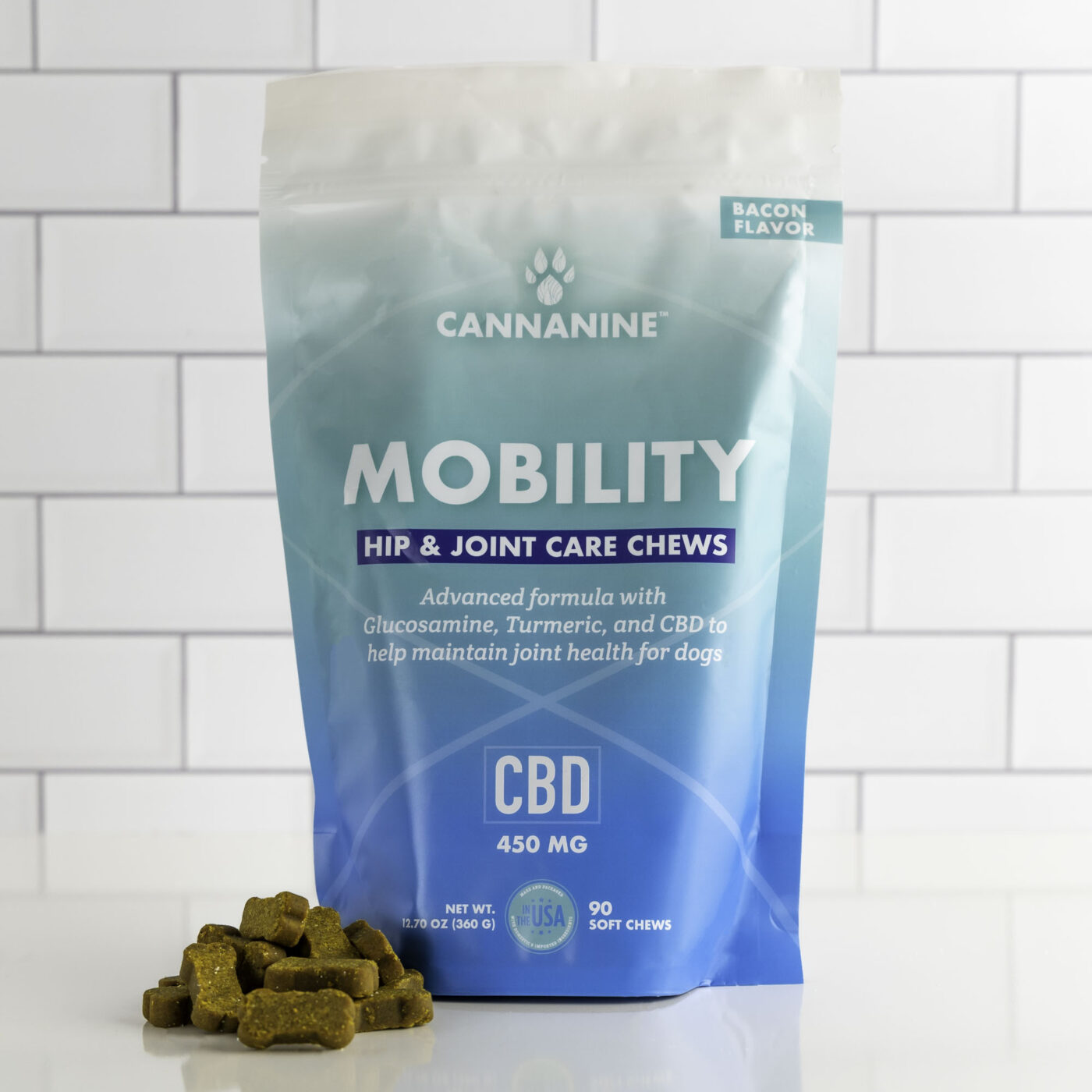
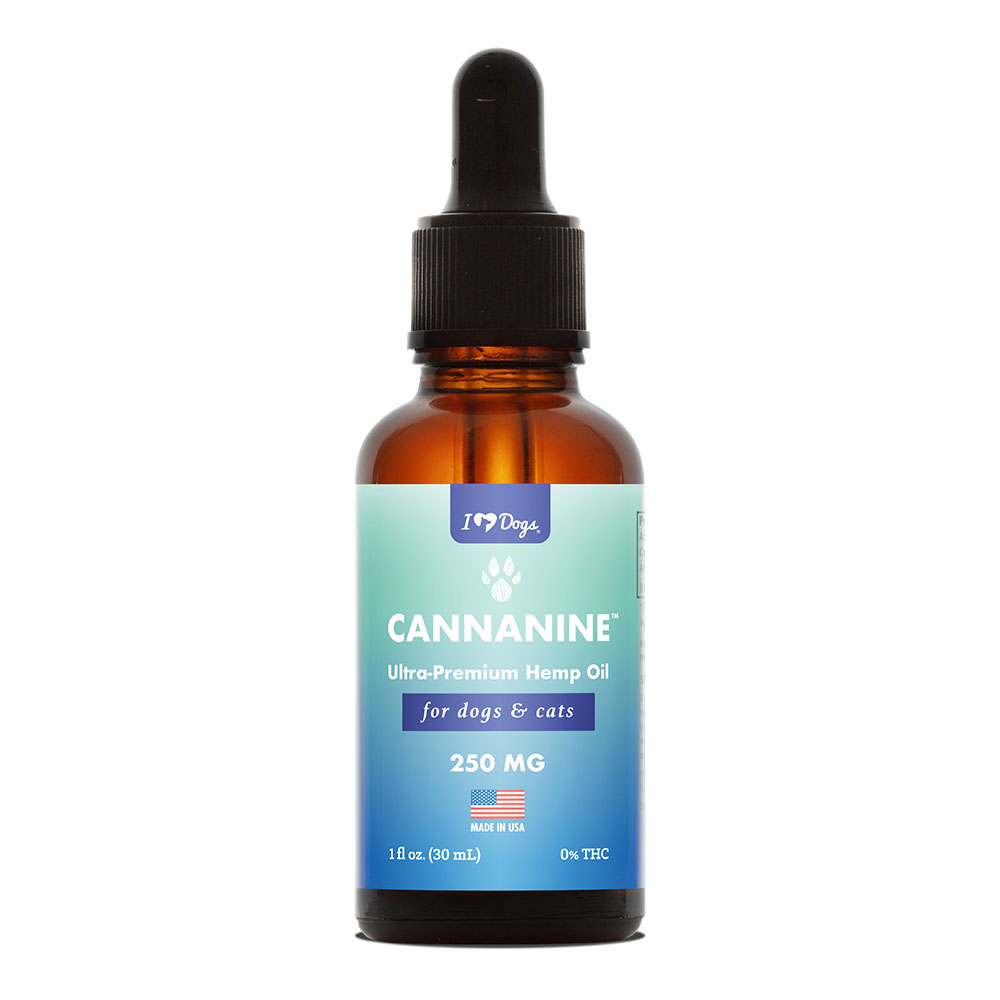
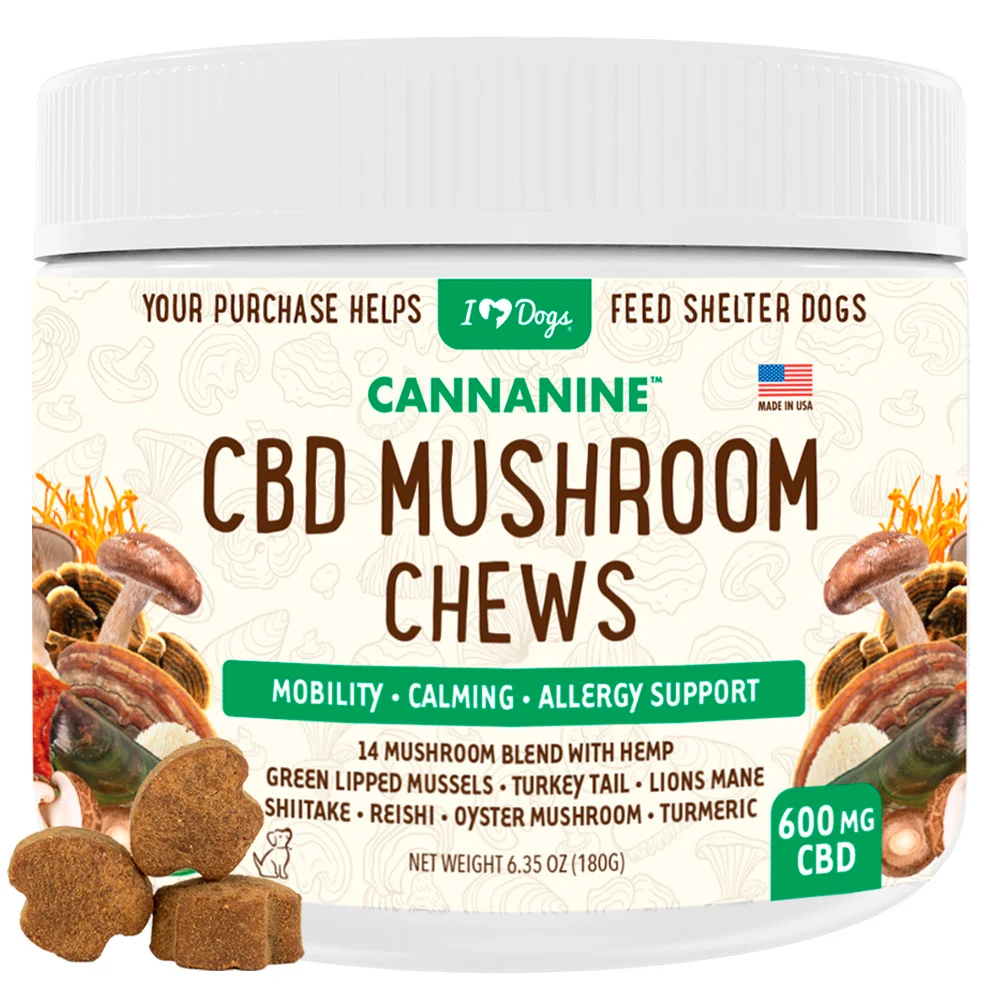
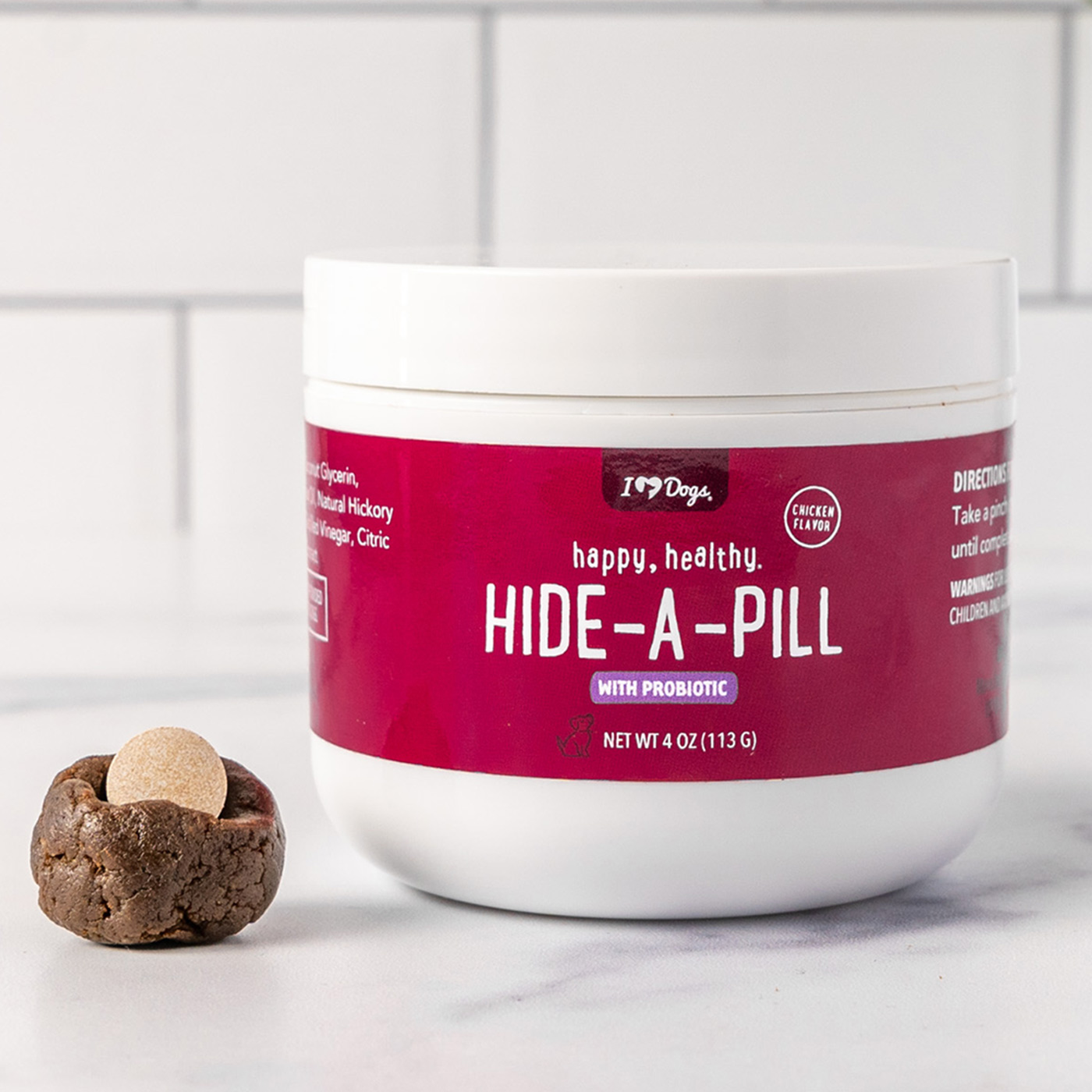

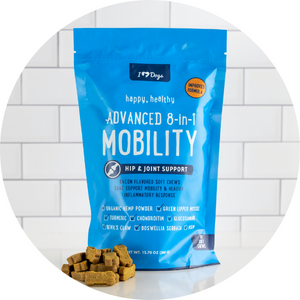
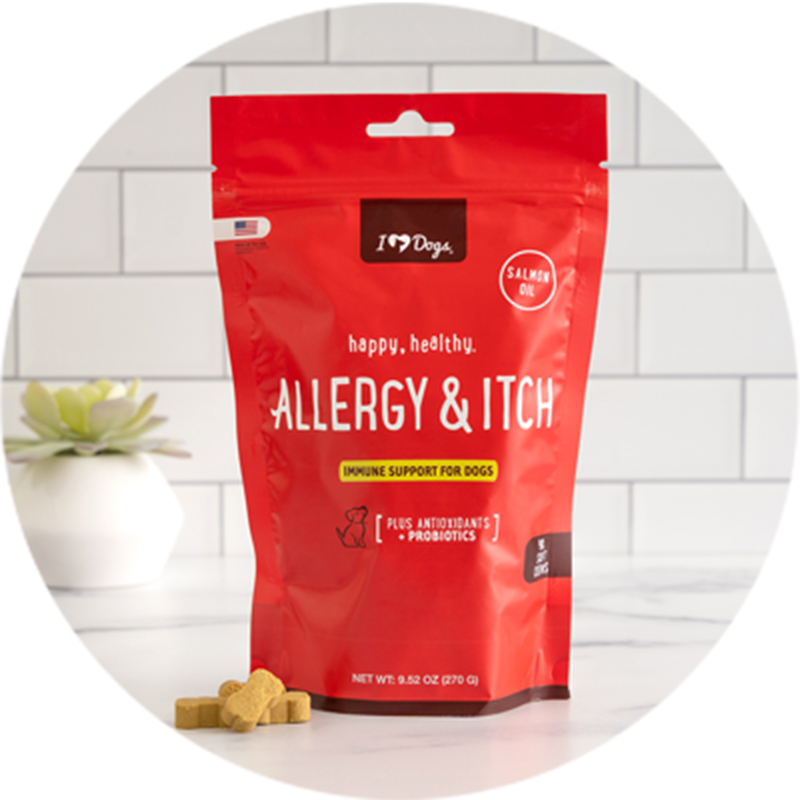
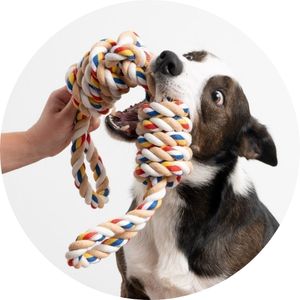
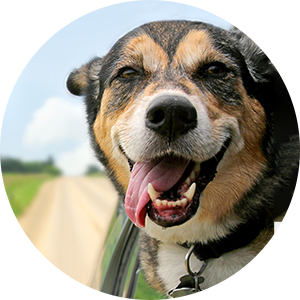
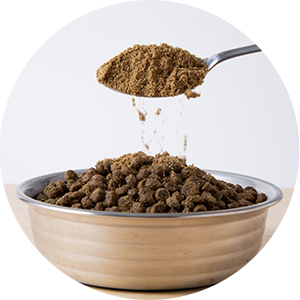
 Toledo, United States.
Toledo, United States.
